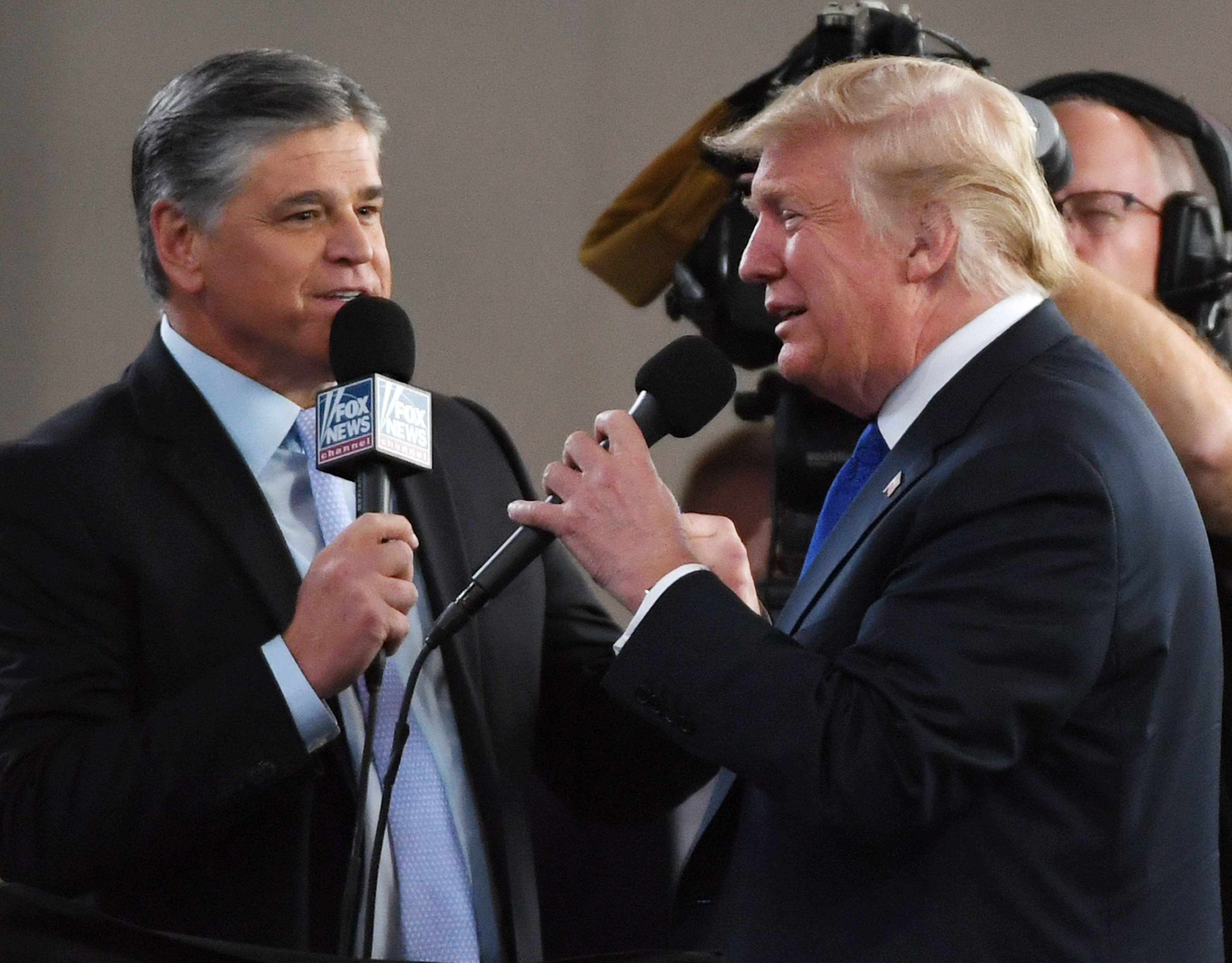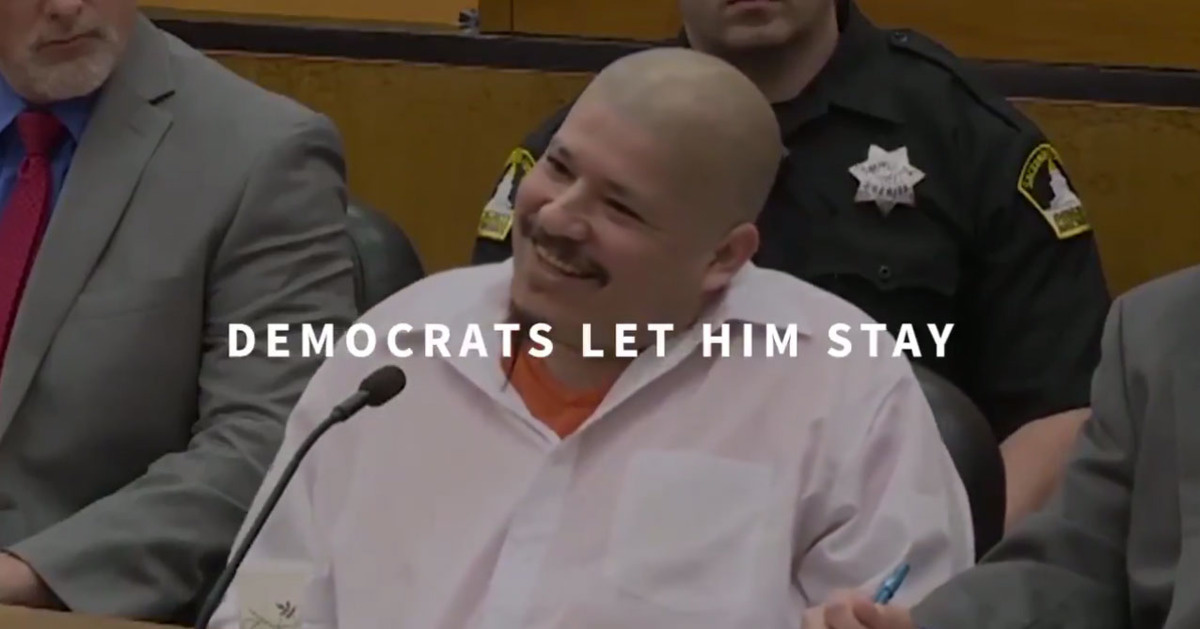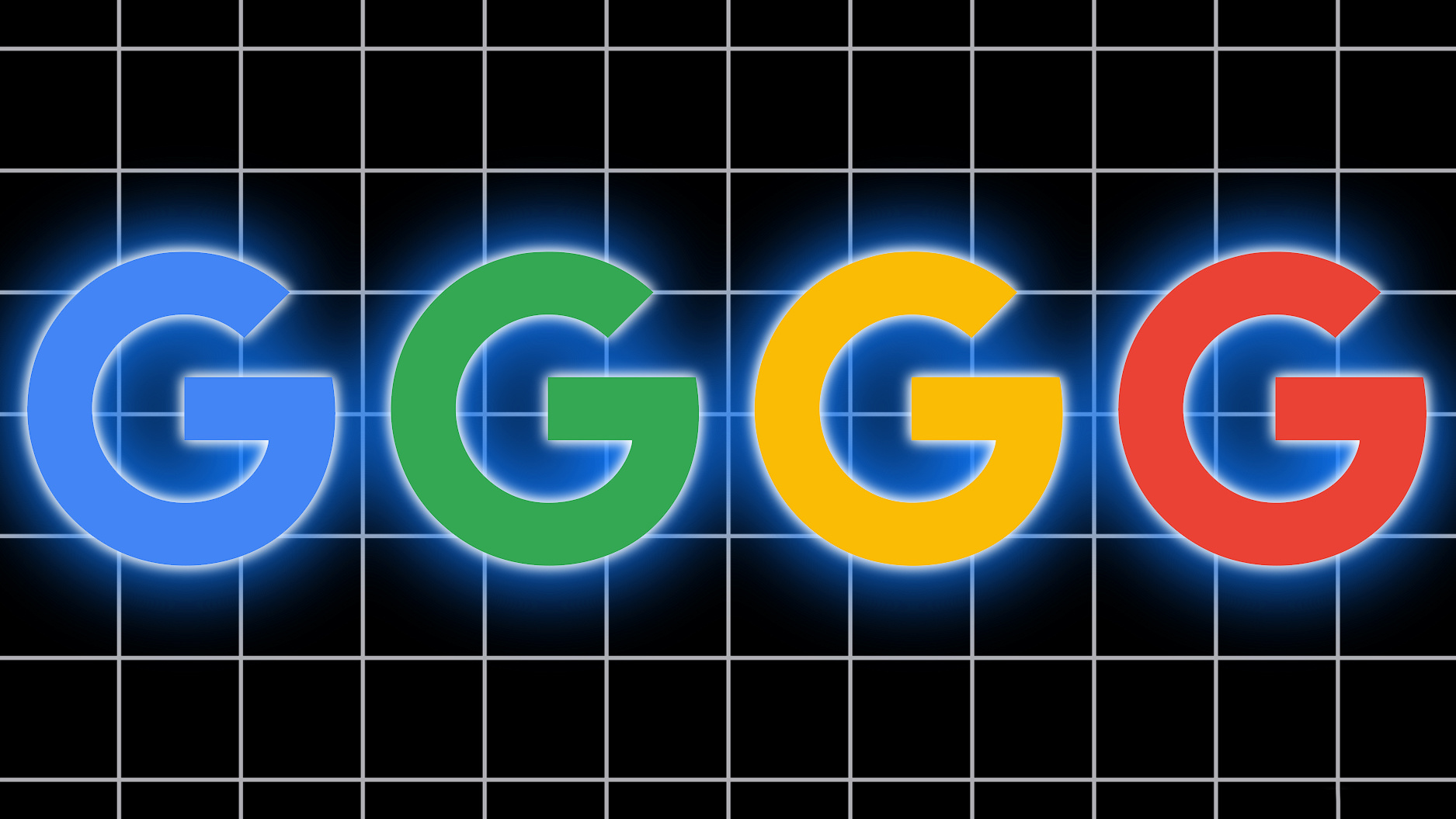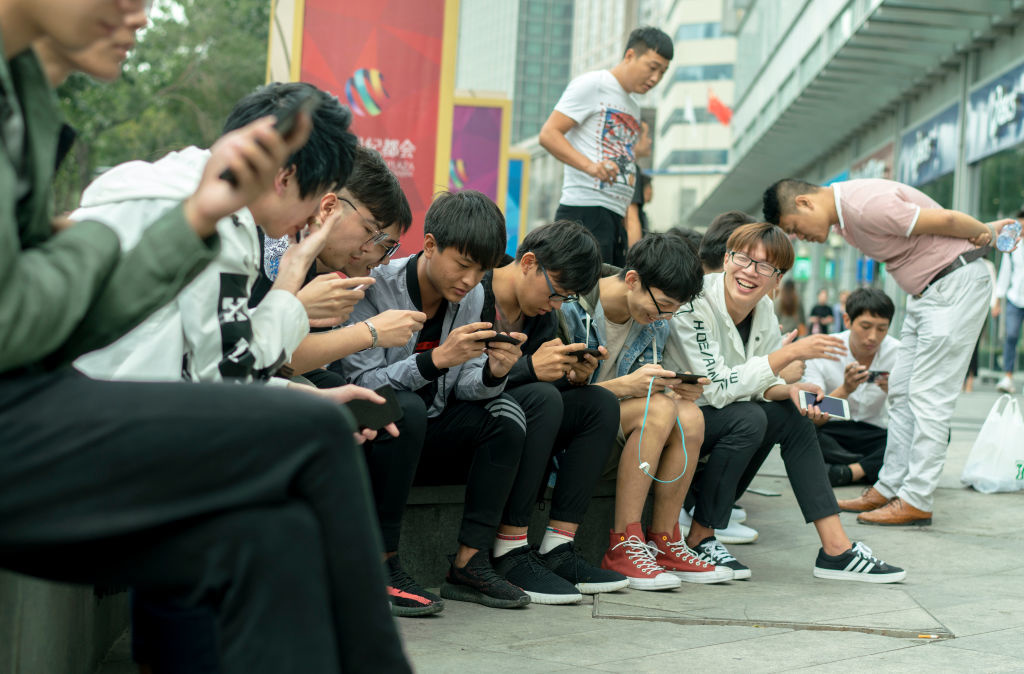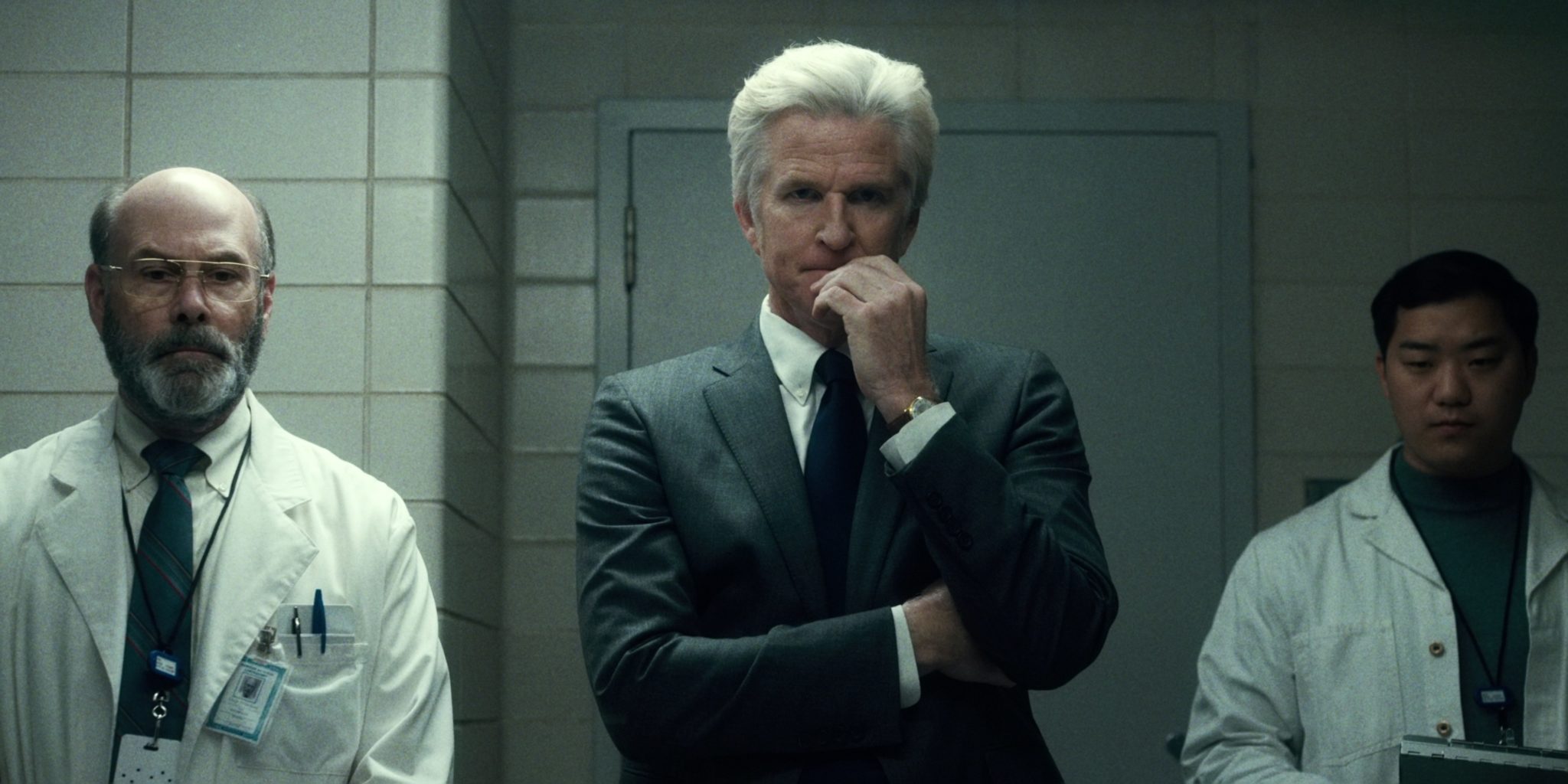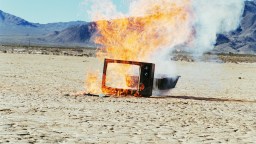media
Journalism got a big wake up call in 2016. Can we be optimistic about the future of media?
▸
5 min
—
with
The lawsuit claims the administration violated the First Amendment when it revoked the press credentials of reporter Jim Acosta.
The bedrock of freedom? Denying the government the power of censorship.
▸
10 min
—
with
China’s state-run news agency and the search engine company Sogou have developed an artificially intelligent news anchor that can read the news “tirelessly” 24 hours a day.
New York Times reporter Melissa Chan outlined in a Twitter thread how authoritarian governments strategically destroy the reputations of journalists they dislike.
Sean Hannity took the stage at a rally for President Donald Trump Monday night and delivered a short, supportive speech.
Fox News, NBC, Facebook and CNN have all stopped airing the commercial, which some critics have labelled as inflammatory and racist.
The CNN anchor made the remarks during a live broadcast on Monday night.
Several members of the far-right group were recently arrested after getting into a fight with protesters in New York City.
Extravagant plans to build Titanic II, a replica of the original White Star Line ship, are back in circulation.
In Life After Google, George Gilder writes that we’re paying a heavy cost for “free.”
Explosives sent to addresses linked to former Vice President Joe Biden and actor Robert De Niro were similar to bombs delivered to other political figures this week, officials said.
It’s a little scary out there, folks.
Build up, tear down—new technology stirs up a cycle of progress and cynicism we’ve seen all throughout history.
▸
5 min
—
with
Hawking, who died in March, answers questions like “Is there a God?” and “Is time travel possible?” in his final book, which is available today.
Andy Thomas, a Missouri-based painter, painted an imaginary image of Trump and past Republican presidents that now hangs in the White House.
Easter eggs have been hidden in video games since Atari’s Adventure; now Google search has hidden an entire adventure game.
We need a break, but the possibility of getting one seems unlikely.
Most of us show humility in the face of Nature as we flirt with the unknown.
As the Internet takes over from broadcast television, we find ourselves in a new psychological ecosystem—and people’s ability or failure to adapt explains the last two years of American politics.
▸
9 min
—
with
What should have killed Trump’s political career, only made him stronger. Matt Taibbi marvels at Trump’s immunity to scandal and baffling resilience to normal media strategies.
▸
3 min
—
with
Did decentralizing top-down media control bring us any closer to the truth-topia we were hoping for?
▸
6 min
—
with
Jon Stewart shares his thoughts on many issues during a recent talk with the New York Times.
“We love, as a culture, to attack messengers when the message is something that makes us feel uncomfortable,” says journalist Wesley Lowery.
▸
3 min
—
with
Recent research in psychology reveals insights into how the stories we are exposed to affect our identities and ideas. What implications does this hold for the influence of the news and the ethics of journalism?





